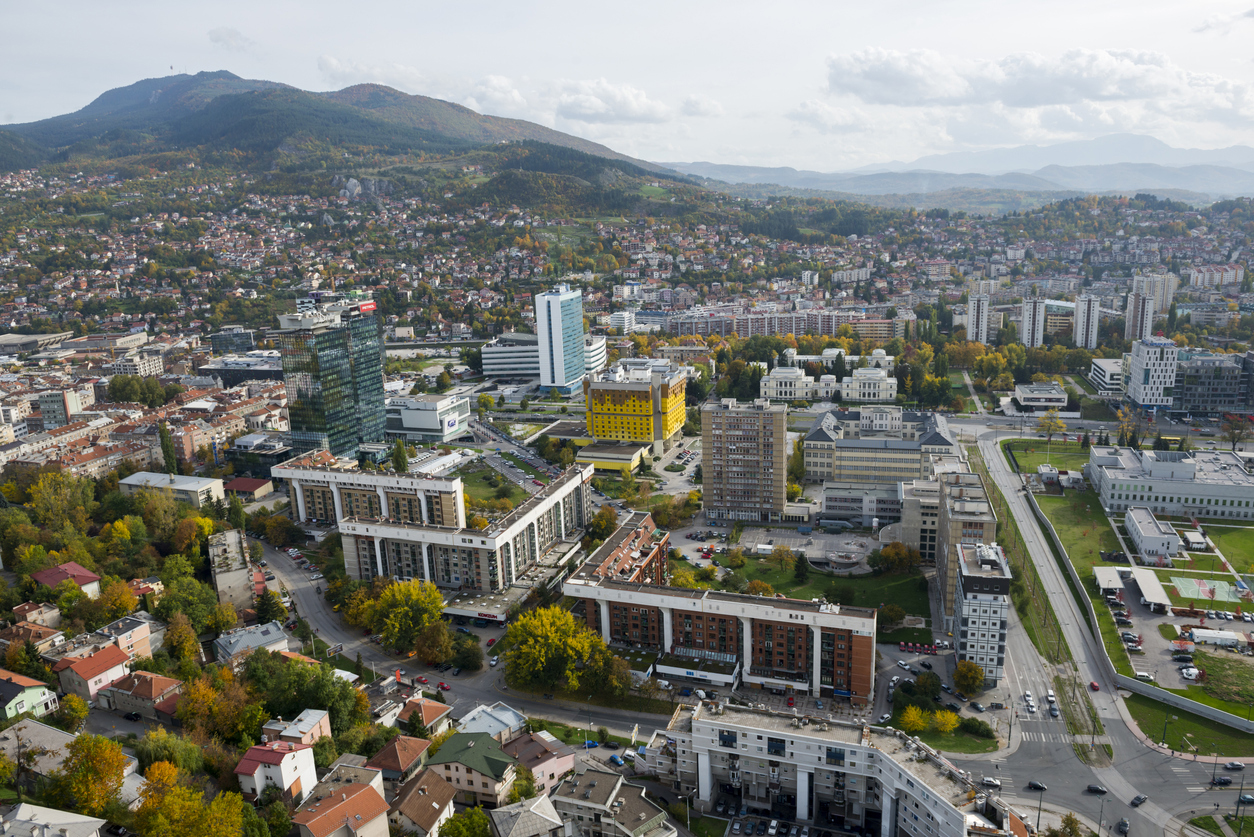Sarajevo’s GCAP formally adopted by the Cantonal Assembly

Sarajevo, one of the most populated cantons in Bosnia and Herzegovina, joined EBRD Green Cities in November 2018. The Green Cantonal Action Plan (GCAP) was completed in November 2019. Now, on 10 June 2021, it was formally adopted by the Government of the Canton. This is a milestone for Sarajevo’s sustainable urban development and today’s approval is the kick-off for the implementation of the green roadmap.
In 2017, Sarajevo adopted the Cantonal Environmental Protection Plan (KEAP) with the aim to protect natural resources and agree on key activities in line with the FBiH Environmental Protection Act. However, given the scale of the environmental challenges, the Sarajevo Canton decided to develop a GCAP, aimed at stepping up the momentum of supporting the transition to sustainable urban development and further improving the KEAP.
The Sarajevo Canton Premier, Edin Forto, states: “The GCAP is a commitment to pursue a sustainable, inclusive, equitable and holistic approach to land use, and developing infrastructure and facilities that are often neglected. The GCAP guides the transition from heavy reliance on private road transport towards high-quality, safe and reliable mass public transport.”
The GCAP articulates the Canton’s green vision and strategic objectives. It builds on existing plans and initiatives, by applying a systematic approach to future development that takes into account a broad range of environmental issues and links these to economic and social objectives.
As a trigger project for the GCAP, EBRD provided a EUR 25 million sovereign loan to finance the Sarajevo Water Project in 2017. Since the completion of the GCAP in 2019, 4 additional EBRD projects have been approved to address Sarajevo’s priority challenges (3 on public transport and one on public buildings). Especially the public transport projects is expected to make an important contribution to an improved air quality in Sarajevo, as air pollution emissions are largely associated with high reliance on fossil fuelled private road transport.
As air quality is one of the environmental challenges that has been prioritised in the GCAP, an extra study of Urban Ventilation Corridors and Impacts of High-Rise Buildings was conducted as part of the GCAP development process. This study analysed the potential impact on the airflow and quality across the Sarajevo basin by creating new wind ventilation corridors.
The development of the Sarajevo GCAP was made possible thanks to the financing of the Japanese Government.